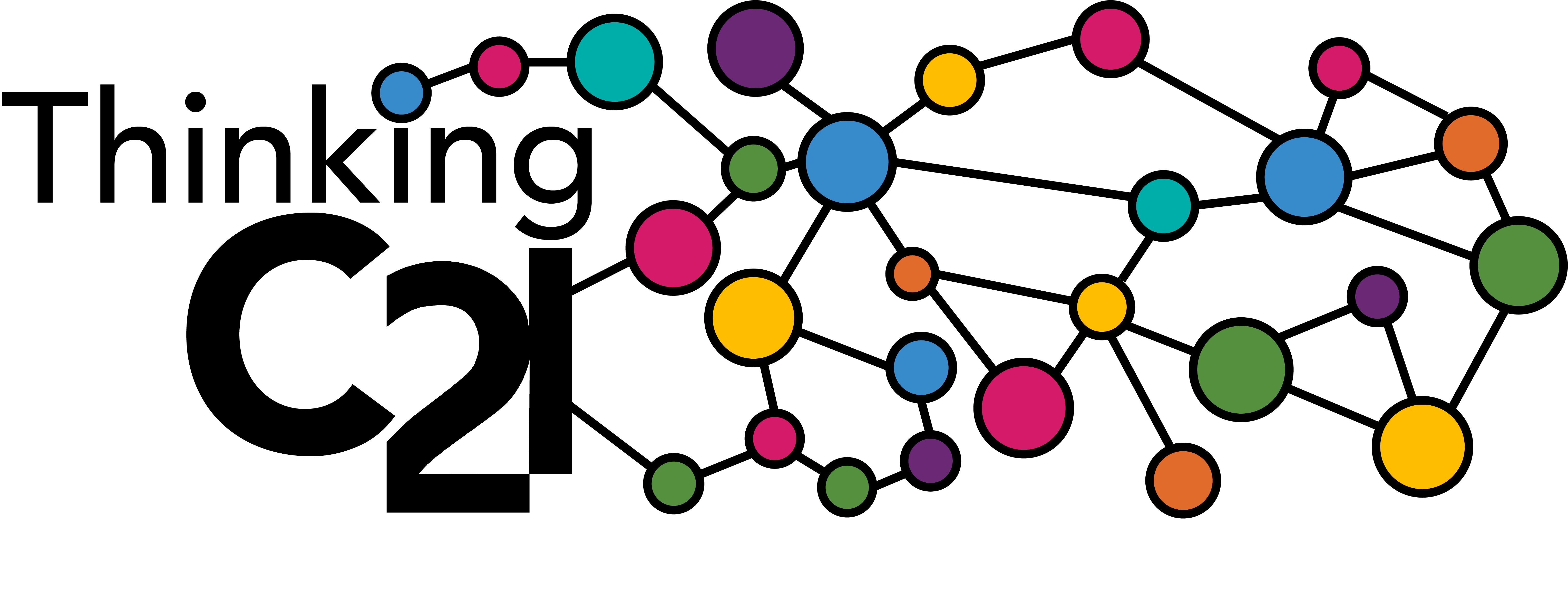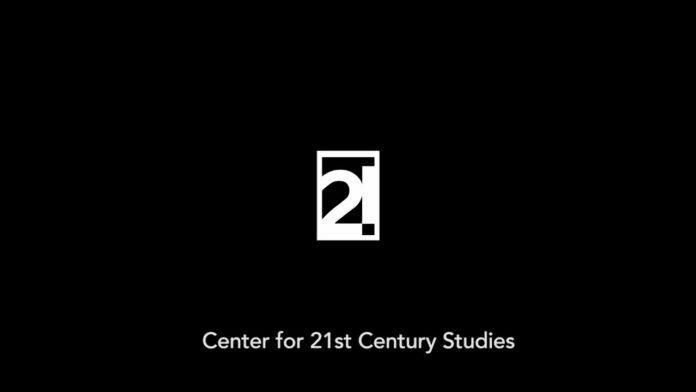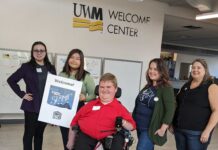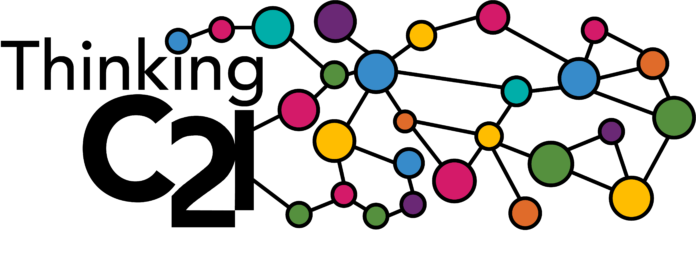By Anne Basting, C21 Director
I first came to UWM in 1995 as a fellow at the Center for 20th Century Studies. I feel incredibly fortunate for the chance to facilitate the team at C21 – especially in this time of dramatic change.
In preparation for stepping into this position, I immersed myself in learning in two directions – outward toward innovative models emerging at centers and institutes with similar missions across the country; and inward with (many many) conversations and a survey of the dreams of interdisciplinary researchers at UWM and community leaders here in Milwaukee. The search was inspiring and forged my hopes / vision for C21 which are guided by the following tenets:
Expanded Leadership
The C21 charter outlines a 9-member Faculty Advisory Council and a 15-member Community Council. Over the next year, I will work with Dr. Jennifer Johung, Professor in Art History, as “Lead Faculty Advisor,” to integrate these councils into a single Advisory Council. This will enable C21 to engage a broader array of expertise depending on the need. The AC will form working groups to address specific initiatives, such as Fellow selection, Graduate Assistant Selection, and additional special initiatives. In addition to shaping the AC and its working groups, Dr. Johung will guide discussions about how C21 answers two questions at the core of its mission: 1) What is a conference? and 2) What is publication?
The Triangle Building Block
C21 will aim to engage three groups to advise and guide programming efforts: the UWM community (faculty, staff, students), the greater Milwaukee regional community, and thought leaders outside our region whose research or body of work can challenge / spur our own thinking. The survey revealed that UWM researchers hunger to engage regional community partners and are inspired by a wide range of national thought leaders.
Communicating and Connecting
The survey revealed that researchers across humanities, arts and social sciences (student, staff, faculty) are doing incredible research and are full of ideas / yearnings for future research. You yearn to connect with others in the community and the university who might spark your ideas and form project teams. This is a core function of C21. It will permeate our efforts and drive our programming. Sharing word about who is interested in which research topics / questions / methods is crucial to both the building of a vibrant learning community and the creation of knowledge.
Collaboratories
C21 will continue offering funding for “Collaboratories” to nurture innovation across disciplines. These Collaboratories have been and can be aimed at creating (for example): sustainable networks of research partners; interdisciplinary certificates (and micro-credentials); research projects/proposals; symposia/speaker engagements; team teaching initiatives; and publications in a range of forms. The fruits of such collaborations can take time – our goal is to foster opportunities for vibrant interdisciplinary and community/university connection and collaboration.
The survey revealed that scholars need some help to find out who is doing similar work across disciplines to form a Collaboratory. Based on themes of interests from the survey, we will focus our communications and programming on bringing people into networks and relationships across traditional boundaries/disciplines.
Transforming Humanities
Higher education is transforming. Changing economic and cultural forces are driving an increasing pull toward engaged research (community collaboration); innovations in digital teaching / research / publication; and an expanding range of career options for graduate students. The humanities are changing right along with it. C21 aims to be at the forefront of these changes – questioning them and helping forge them at the same time. Two specific initiatives address these changes. First, C21 will support expanding the range of career paths for which humanities graduate students can prepare. Second, C21 will guide/support a year-long, community-engaged experience for upper level undergraduate and graduate students.
C21 Space
When I first arrived at what was then C20 in 1995, I was incredibly inspired by the space. I felt in my entire being the history and mission of the center. The view from my office window generated a sense of awe and calm that enabled me to think boldly. The C21 team will create a Space Working Group to reignite the alignment between the space and mission for the center, ideally transforming the beloved 9th floor of Curtin Hall into a place that inspires and supports idea generation – both collaboratively and individually. One of the benefits of the pandemic has been the shift to online lectures/dialogues – which enables much higher participation and supports environmental responsibility. C21 will continue its programming online with canny offerings of in-person events that support its mission, while also investing in our tangible spaces.
Measuring Impact
C21’s ongoing and new initiatives will be guided according to these questions (in which “we” is the C21 team):
- Did we inspire ideas / knowledge around contemporary humanities issues? Made evident by:
- expanding the number of our sustainable interdisciplinary networks / partnerships
- increasing the number and range of people engaged with C21 programs
- research proposals submitted
- publications (public and academic facing)
- interdisciplinary certificates or team teaching initiatives
- stories of success from students, faculty, staff, community partners
- Did we increase awareness of what C21 is/does across campus / community / field?
- Did we set up processes that are transparent, flexible, inclusive and sustainable?
- Did we have fun?
In parting –
I feel lucky to continue in the steps of previous C21 Directors and Staff/Teams who have generated great energy toward many of these goals. The pandemic and the demographic shifts rocking higher education can feel paralyzing. It is our aim to create an atmosphere of hope by bringing together those hungry to generate ideas and knowledge – to spark common interests and to remind each other of the invaluable role higher education can play in the transformation of our communities and our lives. Please feel free to drop me a note or stop in to see me/us. We’re eager to meet you.
Anne Basting – C21 Director +
C21 Team (thus far):
Deputy Director – coming soon!
Jennifer Johung – Lead Faculty Advisor
Lauren McHargue – Program Assistant
Laya Liebeseller – Graduate Fellow
Leadership Council Ex Officio – Assoc. Dean Margaret Noodin
Nasim Shareghi Boroujeni – Graduate Fellow
Randolph Marcum – Graduate Fellow
Advisory Council: Alvaro Saar Rios, Ann Hanlong (Ex Officcio), Anne Bonds, Arijit Sen, David Pate, Jane Gallop, Nan Kim, Margaret Noodin (Ex Officio), Nigel Rothfels, & Rob (Biko) Baker.







